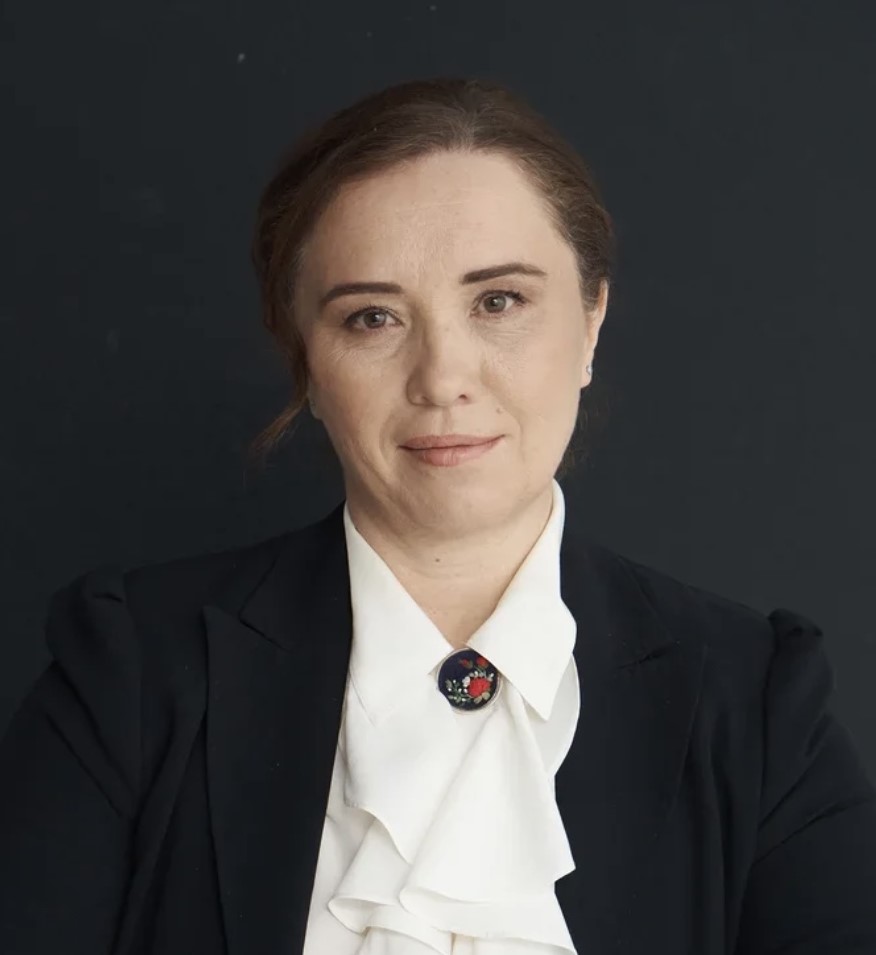The article examines the attitude of the Russian spiritual and academic community towards the “philosophy of unity” by V.S. Solovyov. The author demonstrates similarities and differences between Orthodox academic theism and Solovyov’s religious philosophy, identifies moments of criticism of his metaphysics regarding his epistemological and ontological views, and identifies discrepancies among spiritual and academic authors regarding the significance of Solovyov’s philosophical legacy. The author notes that Orthodox theists’ attitude towards Solovyov is characterized by ambiguity and inconsistency, as they both positively perceive him for his criticism of positivism and materialism on the one hand and negatively perceive his metaphysical speculations on the other. On the other hand, as Solovyov’s religious and idealistic views were formed with his departure into semipantheism, sophology, and “caesaropapism”, the attitudes of representatives of spiritual and academic philosophy towards him became more critical. Philosophers from higher spiritual schools did not accept Solovyov’s free interpretation of the very nature of Perfect Being, particularly his philosophical interpretations of all three divine hypostases.
Key words: religious philosophy, spiritual and academic theism, metaphysics of unity, epistemology, moral philosophy, V.S. Solovyova
DOI: 10.22250/2072-8662-2024-4-143-149
About the author
 |
Tatiana I. Dyakonova – Postgraduate student of the Department of Philosophy of Religion and Religious Studies, Faculty of Philosophy, Lomonosov Moscow State University (MSU), Faculty of Philosophy; GSP-1 Leninskie Gory, Moscow, 119234, Russia; This email address is being protected from spambots. You need JavaScript enabled to view it. |






